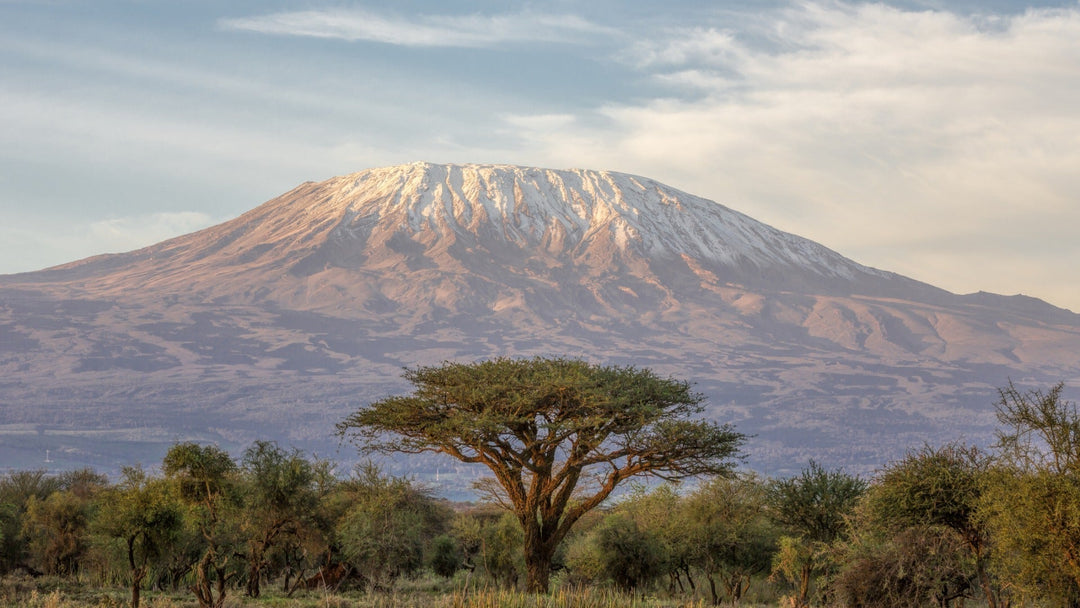Bhutan combines a strong record of economic growth with an equally impressive commitment to the environment, society, and good governance. Bhutan also enjoys a favorable location between India and China, two of the fastest-growing economies in the world. The burgeoning travel industry and a young private sector complete the picture. Many people have never heard of Bhutan, but this hidden gem is an investor’s dream.
Rapid Growth
There is no substitute for economic growth in investing, and Bhutan’s statistics are impressive. According to the World Bank Group, per capita GDP more than doubled in Bhutan between 2000 and 2015. What is more, Bhutan continues to grow. The Asian Development Bank reports that Bhutan’s GDP grew at over 5% per year during each of the last three years. They also forecast growth of 5.3% for 2019 and 6% for 2020.
Bhutan recently moved up 15 spots in the World Economic Forum (WEF) Global Competitiveness Report. Finally, Bhutan’s growth has been shared by all the nation’s people. Only 2% of the population lives in extreme poverty, compared to the regional average of 19%.
A Young Private Sector
The private sector is still relatively young in Bhutan, which means more opportunities for investors. A World Bank study found that newer companies dominate the crucial technology, tourism, and transportation sectors. Growing businesses will also find it relatively easy to hire new workers. The WEF ranked Bhutan 24th for labor market efficiency, ahead of South Korea and Taiwan.
Although the private sector is young, there is already a strong base for building business connections. In 2015, 99% of households had access to electricity, and 98% had mobile phones.
Well-Developed ESG Supports Sustainable Growth
Low inequality reflects Bhutan’s extraordinary commitment to what investors call environmental, social, and governance (ESG) criteria. Nations sometimes pursue growth that produces pollution, rising inequality, and corruption, but Bhutan has chosen a different path.
Bhutan’s growth relies on clean energy rather than fossil fuels. In fact, hydroelectric power accounted for 34% of Bhutan’s exports in 2015. Bhutan makes Gross National Happiness, rather than Gross National Product, its main policy goal. The result is real economic growth accompanied by high ESG ratings.
Bhutan is a developing nation by many measures, but its governing institutions rank among the developed countries. The WEF ranked Bhutan 32nd out of 137 nations for its institutions, right below France and ahead of Spain.
Hospitality and Tourism Takes Off
Bhutan’s strong commitment to protecting its environment and heritage contributes to strong growth in the tourism industry. According to the UN Conference on Trade and Development, tourism spending in Bhutan more than doubled between 2009 and 2013. The number of tourists increased from less than 24,000 in 2009 to over 130,000 in 2014.
The growth was mainly led by Indian and Chinese tourists rather than Americans or Europeans. Bhutan offers tourists the chance to visit a pristine natural environment, which is increasingly difficult to find in Asia.
The continued economic growth of China and India also means that more tourists will be able to afford the trip. The Tourism Council of Bhutan reported more than 270,000 visitors to the country in 2018, a substantial number for a nation with a population of about 750,000.
A Hidden Paradise for Investors
Bhutan’s small size and remote location make it easy to overlook, and that might be the country’s most significant economic problem. The World Economic Forum found that access to financing was the most difficult aspect of doing business in Bhutan. Financing is precisely what investors provide. When investors realize the opportunity, they find a young and growing market protected by sound government institutions.
However, investing in Bhutan remains challenging for individuals and institutional investors. Ashton Global has the necessary experience and connections to give investors access to Bhutan’s best businesses.








